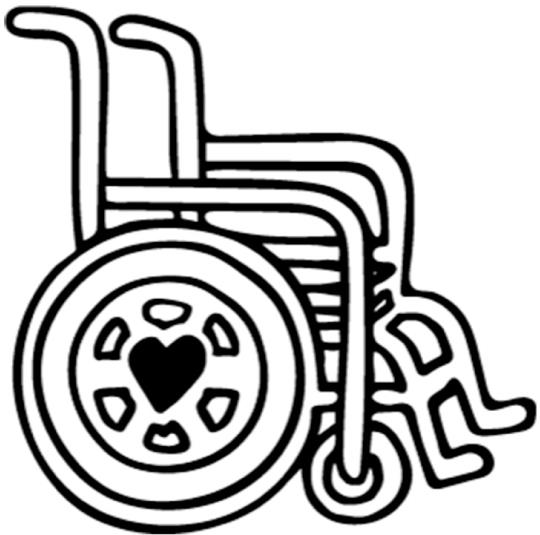Trade Closeness for Harmony
My family—my dad, sister, and I—are not close by American standards. No BBQs, daily calls, or watching sports together. However, I’ll trade closeness for harmony … and we have a lot of that. My friends who have uber-close but dysfunctional relationships with their families are often exhausted for the wrong reasons. The three of us are low maintenance, no-drama, and additive to each other’s lives. An unexpected bonus is, in addition to loving each other, we like each other—we get along well.
Every few years for the last two decades, we’ve gone to Cabo, which my dad loves. This time, however, was harder. My dad is eighty-eight and has lost a lot of weight recently. His leg muscles have atrophied, as they do, and he is having trouble walking. Our dad had been “that guy” who never seemed to age, so him requiring assistance to get around is rattling. Some of his most treasured items are medals for placing first in his age group (fifties) in several 10K races. He’s especially fond of one photo showing him on the medals podium celebrating his victory with a cigarette.
Both my sister and I have worked out three-plus times a week since we were eighteen. Our chain-smoking, 10K-medalist father got us exercising in our teens, and it stuck. We will all need help walking at some point, but that day will likely come years later for my sister and me than for most people, thanks to him.
The highlight of each trip is the three of us beachside drinking our dinner. The conversation inevitably turns to my dad’s ex-wives (three of them), my sister’s ex-boyfriends (guys who all lit up a room by leaving it), and my neuroses (numerous). None of these on their own are that interesting, but with several margaritas they. Are. All. Fucking. Hilarious. As cell death occurs, and it does for 100 percent of us, either cognitive or physical impairment sets in. We spend most of our time stationary, so having our dad ageless at eighty-eight (alert, funny) while seated makes it obvious you want your legs to go before your memory.

Be a Caregiver
Caregivers live longer than any cohort, and the number of people you love and care for is the strongest signal about how long you’ll live. Like many men, I haven’t really provided much care for many people. I spend a lot of time with my kids, but their mom is their primary caregiver. My caregiving is watching Premier League highlights, taking them to hibachi, and asking Alexa questions about Star Wars (never gets old). Getting my dad to and from Cabo and around a hotel—a stark reminder of how awesome government regulation is (Americans with Disabilities Act)—is the most real caregiving I’ve done since my mom was sick. You can feel the benefits. It’s taxing, but rewarding. You have to be engaged and organized (key to brain health), and you feel you have purpose—in this case, making sure my dad didn’t fall.
I told my dad it was time to start getting wheelchair service at airports, and he was cool, even Zen, about it. Being wheeled through security, he seemed relieved not to have to think about all the bullshit we endure on the other side of the metal detector—Which bag is mine? Where are my shoes? Fuck … do I have a vape pen in my carry-on? In front of us was someone else in a wheeled vehicle, a two-year-old girl. She wasn’t nearly as Zen as my dad with the whole being pushed around thing—she was screaming.
All of us share strollers and wheelchairs in our past/future. We put people on wheels so they can be with us when we venture from home, and mobility is something so wonderful we pull it forward and extend it. The little girl was upset, as little kids get, and was clearly not convinced the wheels were a function of people caring about her. My dad, however, knows this is true.